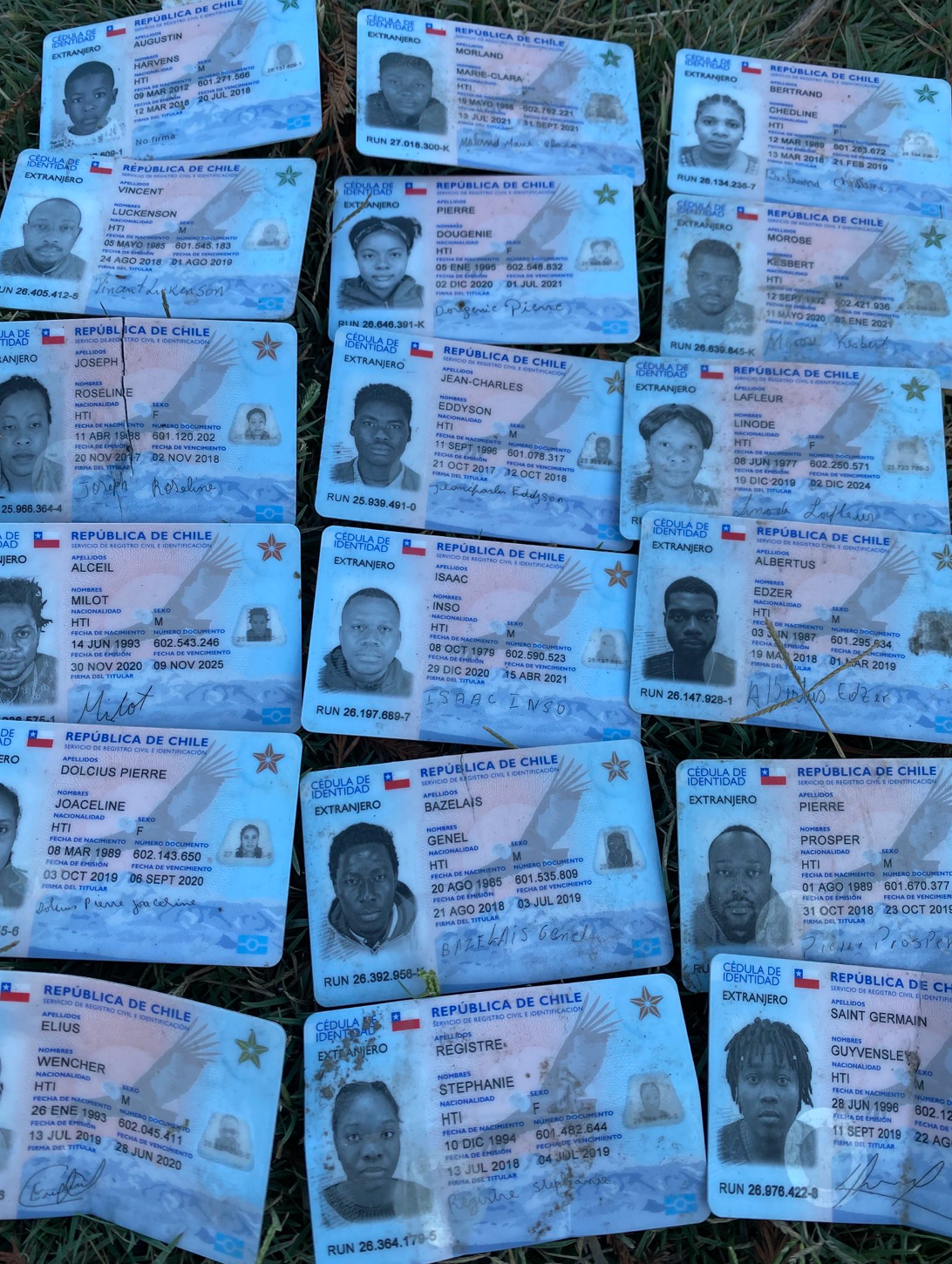Welcome to Byron York’s Daily Memo newsletter.
Was this email forwarded to you? Sign up here to receive the newsletter.
THE BEST OPTION FOR THE BORDER CRISIS. Biden administration officials are scrambling to remove the thousands of illegal border crossers, most originally from Haiti, who remain under that bridge in Del Rio, Texas. Officials are moving many of the migrants to the care of aid organizations that will send them to live all around the United States. Others are being taken straight to airports for the trip to a new destination in the country. Some, single males, mostly, are being sent to Haiti, although the Biden administration is the target of protests for taking that action and could stop any day.
But there is an option for handling the crisis that is not releasing the migrants into the U.S., which is a clear reward for entering the country illegally, or deportation. Most of the migrants are originally from Haiti, but they have not lived in Haiti for years. Many fled their home country a decade ago, after the 2010 earthquake, ultimately landing in Chile and Brazil. There, they built new lives before making the decision in recent weeks and months to leave for the U.S.
How many have done that? Estimates range at around 25,000. Here is how the Dallas Morning News editorial board describes it:
It’s unclear how many Haitians at the U.S. border came from South America, but analysts tracking migration patterns point to data from the Panamanian government, which reported that more than 20,000 Haitians crossed its southern border this year, along with 4,365 Chilean and Brazilian children born to Haitian parents. Records show those numbers jumped dramatically in June and July. Misinformation and economic insecurity seem to be driving the surge.
If the “misinformation” to which the paper referred is the belief, common among the migrants, that the U.S. will accept illegal border crossers — well, that wasn’t really misinformation. It is exactly what the Biden administration is doing in thousands of cases. In any event, “misinformation” is not grounds for being granted asylum in the U.S. Neither is economic insecurity.
Subscribe today to the Washington Examiner magazine that will keep you up to date with what’s going on in Washington. SUBSCRIBE NOW: Just $1.00 an issue!
So here is the option. Instead of admitting the migrants into the U.S. or deporting them to Haiti, where most have not lived in years, why not return them to their homes — to Chile and Brazil?
A recent Associated Press story cited Marcelo Ebrard, Mexico’s foreign relations secretary, as saying that most of the Haitians already have refugee status in Chile or Brazil. “What they are asking for is to be allowed to pass freely through Mexico to the United States,” Ebrard told the Associated Press.
It’s not entirely clear what that “refugee status” means. “As I understand it, the status they had in Chile and Brazil was kind of like our Temporary Protected Status,” said Mark Krikorian, head of the Center for Immigration Studies, in an email exchange. “I don’t think they have the automatic right to go back once they leave.” On the other hand, they had the right to stay in Chile or Brazil — they did not have to leave — even if they did not have the right to return if they made a decision to go.
Krikorian sent a senior Center researcher, Todd Bensman, to Mexico and Texas to investigate, and Bensman noticed that, on the Mexican side of the border, many migrants had thrown away ID cards and other forms of identification they had been given in Chile and Brazil. Bensman took a photo:

The reason they threw away their identification was to “pretend that they weren’t firmly resettled in a third country,” Krikorian explained, because that would disqualify them from receiving asylum in the U.S. Notice that Krikorian used the phrase “firmly resettled.” U.S. immigration regulations say that a foreign person is not entitled to asylum in the U.S. if they have already found a home — been “firmly resettled” — in another country. One definition of that is if the person has “physically resided voluntarily, and without continuing to suffer persecution or torture, in any one country from one year or more after departing his country of nationality.” That would certainly apply to the Haitians who have come to the U.S. from their homes in Chile and Brazil, not to mention their Chilean and Brazilian children.
So an obvious remedy to the current border crisis is to send the illegal border crossers to their home countries — that is, to Chile and Brazil. “The Biden administration must demand that Chile and Brazil accept migrants who had resettled in those countries,” writes the Dallas Morning News. Of course, Chile and Brazil might not want to accept them. But the U.S. has a lot of ways to exert pressure to change that situation. What will President Joe Biden do?
For a deeper dive into many of the topics covered in the Daily Memo, please listen to my podcast, The Byron York Show — available on the Ricochet Audio Network and everywhere else podcasts can be found. You can use this link to subscribe.

